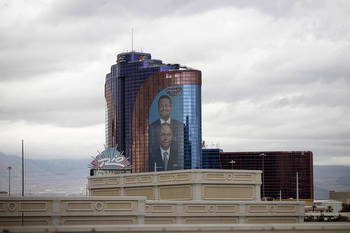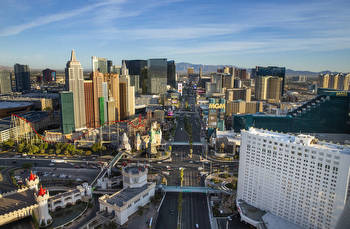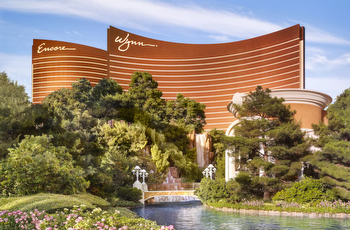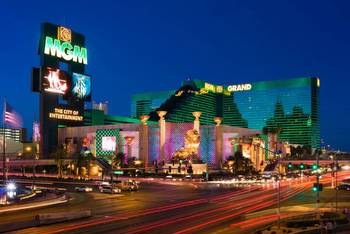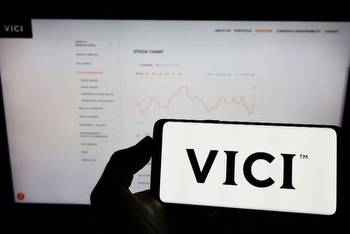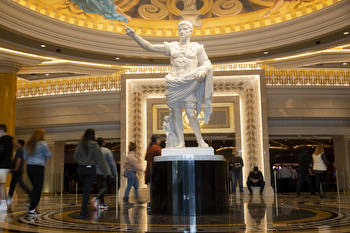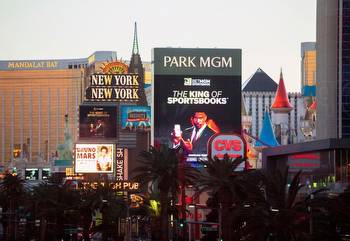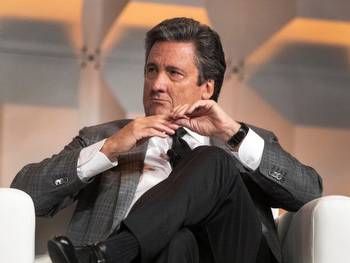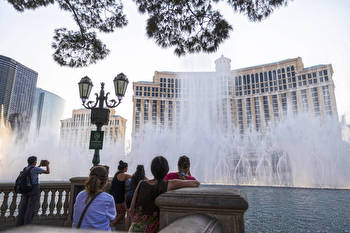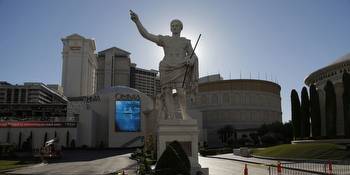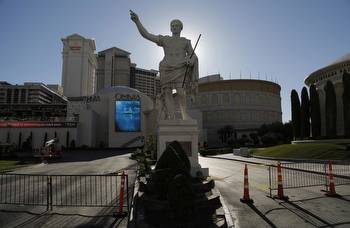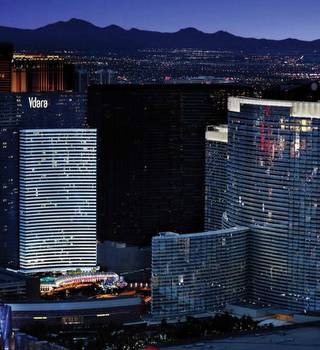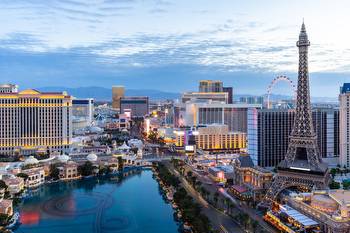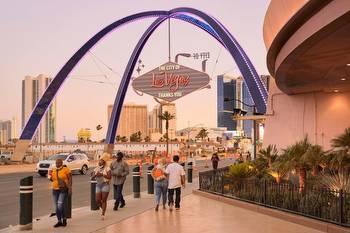This Stock Might Be the Best Las Vegas Strip Investment

Las Vegas offers the promise of getting rich. In most cases, that's a false promise as the house usually wins, but you can make money on Sin City without throwing any dice, playing cards, or taking a turn at the slot machines. Las Vegas has a surprising number of investment options and the best one might be a company you've never heard of (or maybe never realized was public).
Everyone knows the big casino operators. You can buy shares in Las Vegas Strip leaders Caesars Entertainment (CZR) - Get Caesars Entertainment Inc Report, MGM Resorts International (MGM) - Get MGM Resorts International Report, and Wynn Resorts (WYNN) - Get Wynn Resorts, Limited Report. Many people do that getting exposure to not just the Strip but to all sorts of regional properties operated by Caesars and MGM. Wynn, of course, has interests in Macau and all three companies are global players.
On the Strip, however, one company actually owns the underlying real estate where Caesars and MGM actually just operate the properties. Running a casino or a hotel comes with risk. What if people don't come, don't gamble as much as expected, or spend less on shows, eating, and everything else?
As a landlord, VICI Properties (VICI) - Get VICI Properties Inc Report collects its rents no matter how crowded the casino buildings and hotels it owns are. That's a pretty attractive business, and VICI has built itself into the largest owner of hotel and convention space in the United States.
It has also just joined the S&P 500, joining Caesars, MGM, Wynn, Las Vegas Sands (LVS) - Get Las Vegas Sands Corp. Report, and Penn National Gaming (PENN) - Get Penn National Gaming, Inc. Report as Vegas leaders that are part of the S&P 500.
VICI Dominates the Las Vegas Strip
VICI bought the Venetian as well as its associated Expo and Convention Center in 2021. That was followed by its $17.2 billion takeover of MGM Growth Properties, which closed in late April.
Those two deals make the Real Estate Investment Trust (REIT) a huge player on the Strip even though its name isn't on any marquees.
"Not only did VICI add 15 Las Vegas and regional casinos with the MGP deal, it added nearly 41,000 hotel rooms and 1.2 million square feet of gaming space, making it the largest casino landlord on the Strip," Casino.org reported.
VICI now owns the property assets of Caesars Palace, Harrah's, Excalibur, Luxor, Mandalay Bay, MGM Grand, Mirage, New York New York, and Park MGM, as well as various regional casinos operated by MGM and Caesars.
Why Is VICI a Good Investment?
REITs have predictable income and they must distribute at least 90% of their profits to shareholders as dividends. TheStreet explained why REITs are a good investment in an article
Because of their high and consistent dividends, REITs are a popular investment vehicle for investors who want the passive income that comes with owning real estate but don’t have the time or money to buy, maintain, and rent out a property of their own. They are also popular during periods of higher-than-usual inflation, as rent and real estate tend to go up in price alongside consumer goods, sometimes resulting in more money for REIT shareholders at a time when traditional stocks may be faltering.
As we are in a period of higher inflation, VICI stands as a safe play for now that's also a good long-term investment. VICI CEO Ed Pitoniak shared some very positive news on the company's business model during its first-quarter earnings call.
"Over the last two years, COVID-19 proved the resiliency of VICI's business model because COVID proved the resiliency of our tenants' business models. VICI collected 100% of our rent in cash and on time throughout the COVID-19 crisis because of the operating excellence and operating liquidity of our tenants. Our operators have shown their ability to operate through thick and thin," he shared.
If VICI managed to collect all of its rents during a pandemic -- a rare feat for any large landlord during covid --it's a safe haven, dividend-paying investment worth considering during the current market uncertainty (and after).










